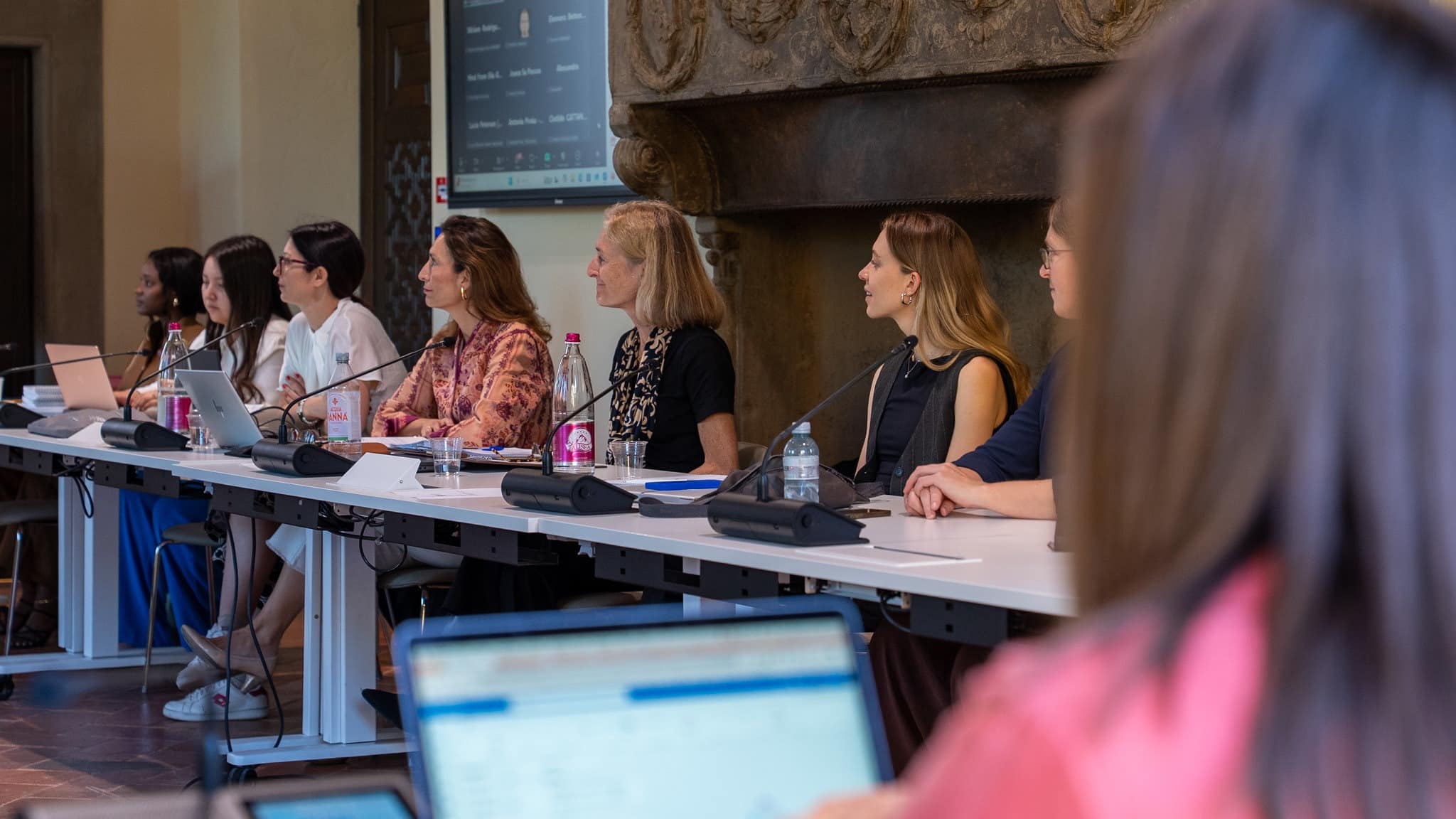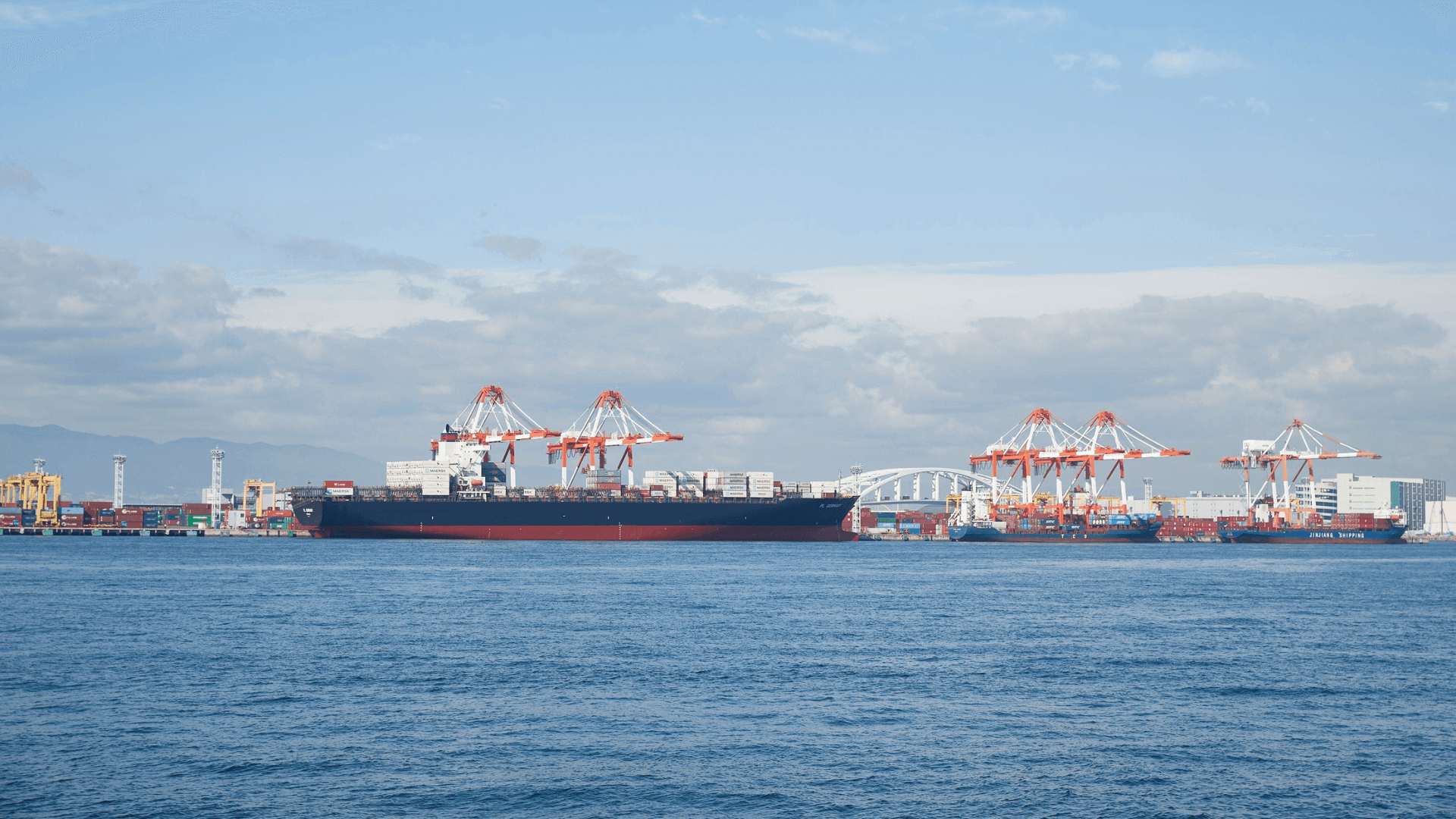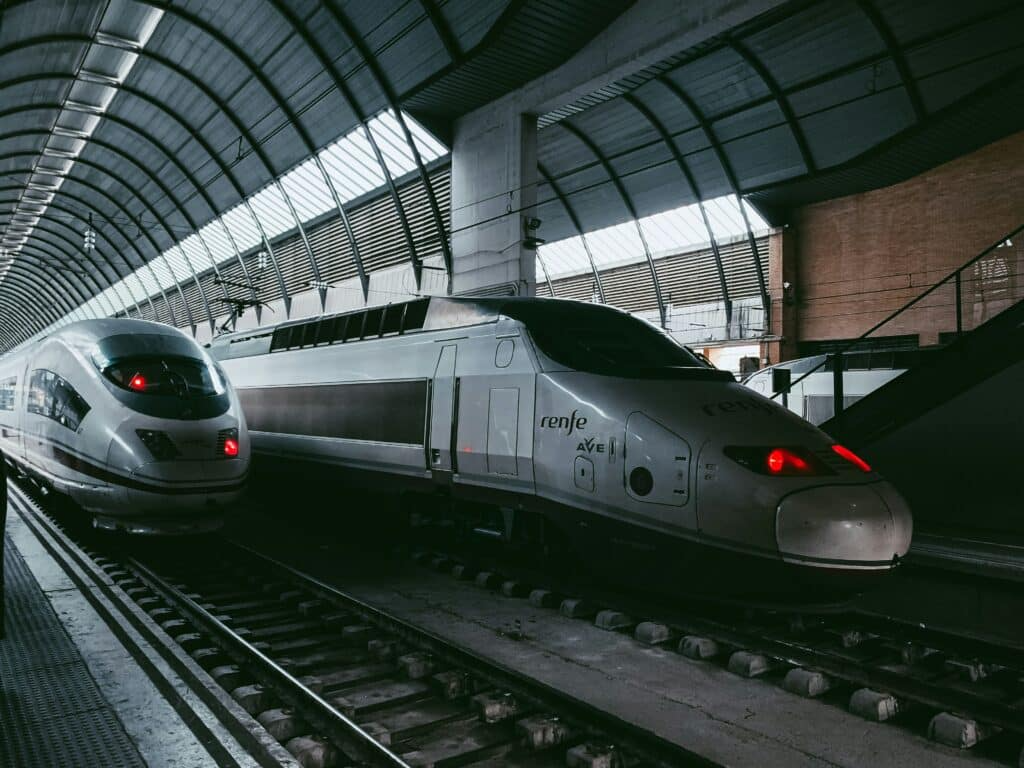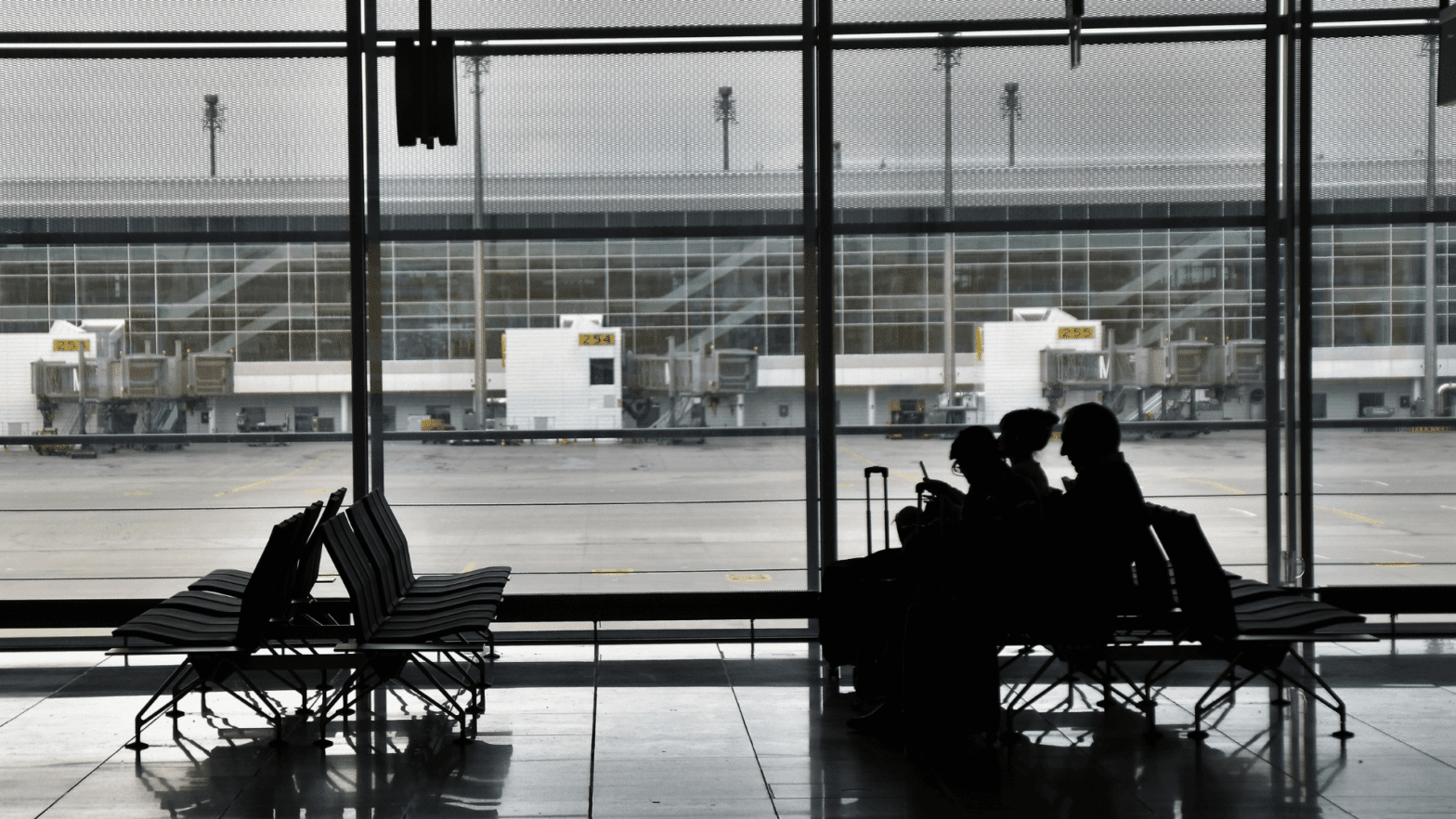16th Florence Rail Forum: Improving European Rail Freight

Following the usual format of the Florence School of Regulation, the 16th Florence Rail Forum aims at offering a platform for senior stakeholders from regulators, railway undertakings, infrastructure managers, rail suppliers, authorities, associations and academics to take stock of topics relevant to mobility regulation and policies.
On this occasion we will be discussing, among others with Ms. Elisabeth Werner, director for Land Transport at DG MOVE, European Commission
DOWNLOAD
European Transport Regulation Observer
BACKGROUND
Improving the conditions for rail freight is a top priority of the European Union. Rail freight has a crucial role to play in both reaching the EU’s climate goals and supporting economic growth and competitiveness. The 2016 Rotterdam declaration clearly stated a political commitment to addressing the most important obstacles for rail freight in Europe. Above all, rail freight needs to gain market shares.
The European Commission is strongly committed to making rail freight more attractive. EU legislation and policies provide a sound basis, in particular with the 4th Railway Package, the long-standing policy towards achieving interoperability, the ambitious infrastructure development policy through TEN-T and the EU budget financial support, especially the CEF, and the R&I Shift2Rail program. On top of this, the Rail Freight Corridors are a key element to boost rail freight. An interoperable European infrastructure based on the TEN-T corridors is crucial, but so is the sector’s commitment to improving reliability, punctuality and service orientation. Only an ambitious implementation of these different complementary policies, by all the stakeholders concerned, can deliver the expected results.
Nine of the European Rail Freight Corridors are now fully operational and starting to show results. However, the pace of progress within the corridors needs to increase. Their governance is most crucial for their effectiveness. This includes a better coordination among the relevant actors in the sector, such as infrastructure managers, railway undertakings and terminal operators, but also a firm commitment by the concerned stakeholders to take ownership and use the corridors as a key tool to support rail freight.
Against the background of the discussions around the next MFF, rail needs to focus on removing bottlenecks especially at border crossing points and intermodal nodes, and embracing interoperability, digitalization, customer orientation and improvement of quality.
The 16th Florence Rail Forum will assess the state of play of rail freight in Europe, focusing on the development and the governance of the Rail Freight Corridors within the wider context of rail freight policy:
-
- Which way forward for European Rail Freight – what are the political priorities and what are the sector priorities?
- RFCs as tool to develop and offer more customer-oriented services – how to meet expectations?
- Solving of technical cross-border issues and bringing about seamless interoperability – what are the most urgent needs?
- Taking Stock and Looking Ahead: Challenges and Opportunities for Rail Freight in Europe
RELATED PRESENTATIONS
Improving European Rail Freight – MATTHIAS FINGER, Part-time Professor & Director of the Transport Area, Florence School of Regulation/EUI; and Professor, Ecole Polytechnique Fédérale de Lausanne
Making the Rotterdam declaration reality – HINNE GROOT, Coordinator international rail affairs, Ministry of Infrastructure and Water Management, the Netherlands
Which way forward for European Rail Freight – what are the political priorities and what are the sector priorities? – ALFRED PITNIK, Head of Public & International Affairs, ÖBB-RCG
Which way forward for European Rail Freight? – ALDO MAIETTA, Head of Marketing, Mercitalia Rail, FSI Group
RFC as a tool for the future of transport – OLOF KJELLSTRÖM, Public Affairs & Corporate Strategy, Jernhusen AB
Improving European Rail Freight: A Regulatory Body’s Perspective – ANNE YVRANDE-BILLON, Vice-President – ARAFER
RFCs as a tool to develop and offer more customer-oriented service – how to meet expectations? – ANDREA CAMANZI, President, Italian Transport Regulation Authority
Energy metering and billing – how seamless interoperability is hampered on the RFC Rhine-Alpine – TOBIAS GRAS, Head of Strategic Procurement, SBB Cargo International AG, Switzerland
Improving European Rail Freight – TOMMASO SPANEVELLO, Public Affairs Manager, UNIFE- The European Rail Industry
Taking Stock and Looking Ahead: Challenges and Opportunities for Rail Freight in Europe – GERHARD TROCHE, Senior Scientific Researcher, Royal Institute of Technology KTH
Taking Stock and Looking Ahead: Challenges and Opportunities for Rail Freight in Europe – CARLO M. BORGHINI, Executive Director, Shift2Rail Joint Undertaking
Which outlooks for the European rail freight market? – FLORENT LAROCHE, Associate Professor, University of Lyon 2
We would like to thank all participants for coming and discussing with us #european #rail #freight @RobSchuCentre pic.twitter.com/U63e7eell7
— FSR Transport (@FSR_Transport) May 7, 2018
Don’t miss any update on our events
Sign up for free and access the latest events from our community.












